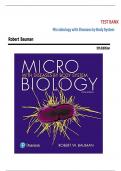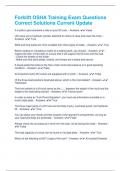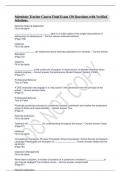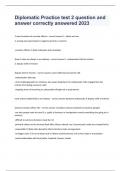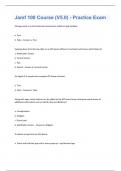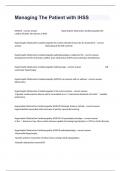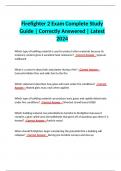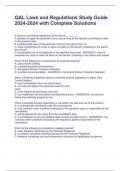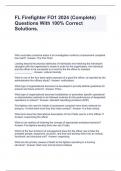Assignment front sheet
Qualification Unit number and title
Pearson BTEC Level 3 90-credit Diploma in
Unit 4: Scientific practical Techniques
Applied Science
Learner name Assessor name
Nergiz Canitez Dona Mannaperuma
Date issued Hand in deadline Submitted on
18/03/2019 01/04/2019 31/03/2019
Assignment title Quantitative and Qualitative analytical techniques
In this assessment you will have opportunities to provide evidence against the following criteria.
Indicate the page numbers where the evidence can be found.
Criteria To achieve the criteria the evidence must show Task no. Evidence
reference that the learner is able to:
Carry out quantitative and qualitative
P1 analytical 1 X
Techniques.
Explain how accuracy may be ensured in the
M1
techniques used.
2 X
Evaluate the quantitative and qualitative
D1 analytical techniques used, suggesting 3 X
improvements for future investigations.
Learner declaration
I certify that the work submitted for this assignment is my own. I have clearly referenced any sources
used in the work. I understand that false declaration is a form of malpractice.
Learner signature: Date: 31/03/2019
1
, Assignment brief
Qualification Pearson BTEC Level 3 90-credit Diploma in Applied Science
Unit number and title Unit 4: Scientific practical Techniques
Assessor name Dona Mannaperuma
Date issued 18/03/2019
Hand in deadline 01/04/2019
Assignment title Quantitative and Qualitative analytical techniques
Purpose of this assignment:
To assess learners’ knowledge and understanding of AC. P1, M1, D1.
Scenario
You have started work in the analysis laboratory of large and diverse chemical
manufacture, called Superchem. You will need to be trained in some of the basic
techniques before you are allowed to do some of the non- routine analysis. You must keep
accurate records of all your work.
Task 1A
Task 1A – Quantitative Analysis
a) Use 0.1 M sodium hydroxide solution to determine the concentration of an unknown
sample of Hydrochloric acid. Follow the method provided and complete the task
sheet given.
This provides evidence for [P1]
Task 1B
Task 1B – Qualitative Analysis
Following the safety procedures, carry out an experiment to determine the presence of
cations and anions in 6 samples provided. Report your results in the report sheet
provided.
This provides evidence for [P1]
Task 2
2

